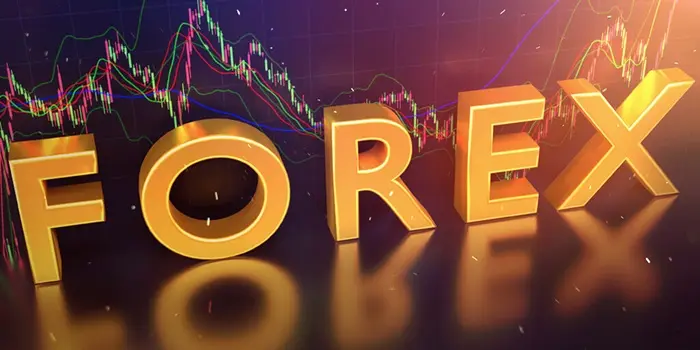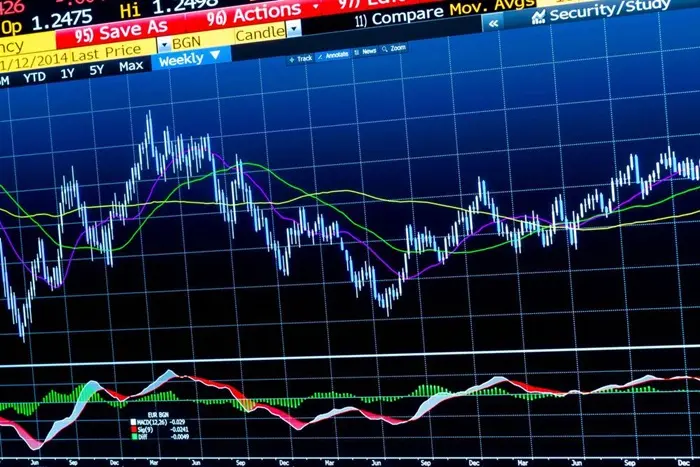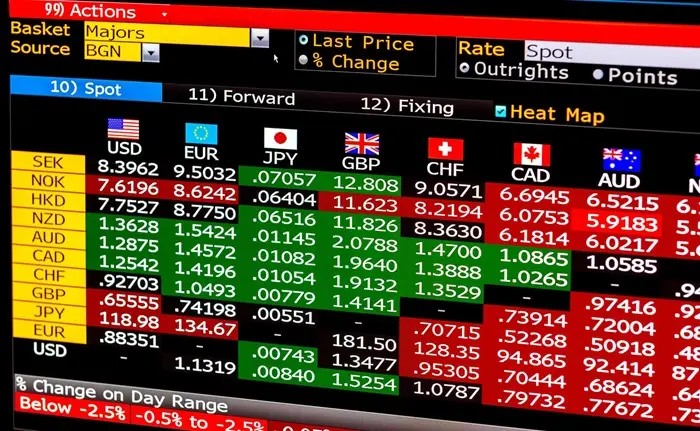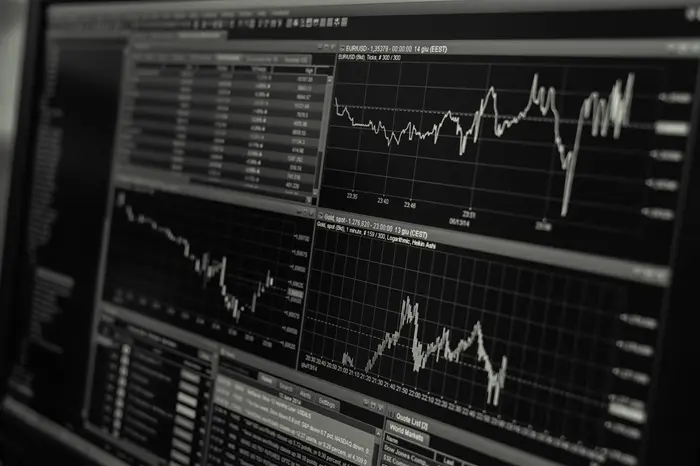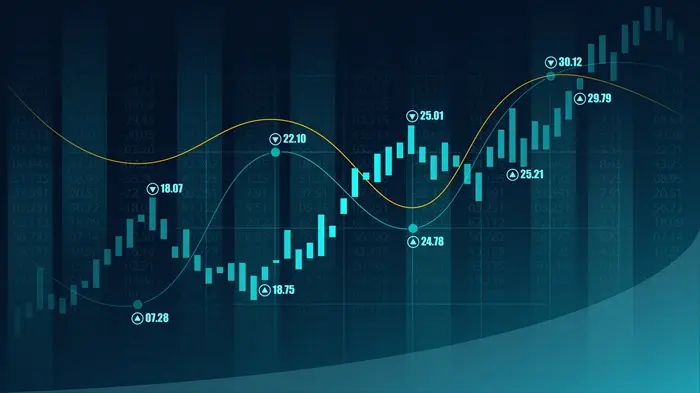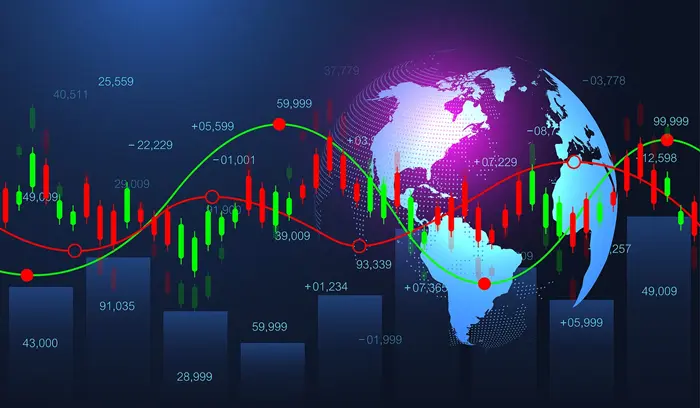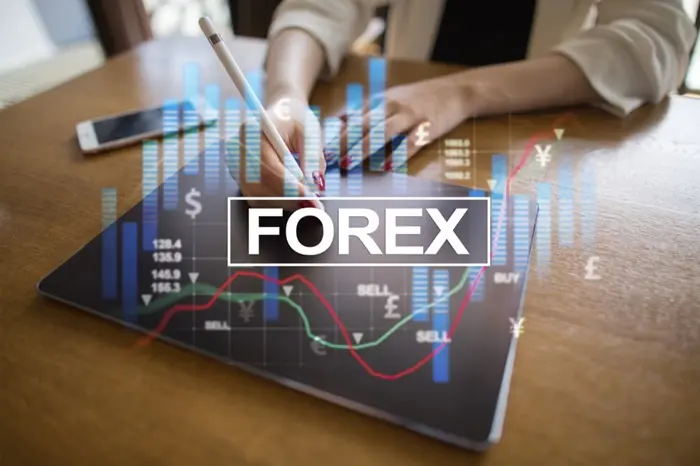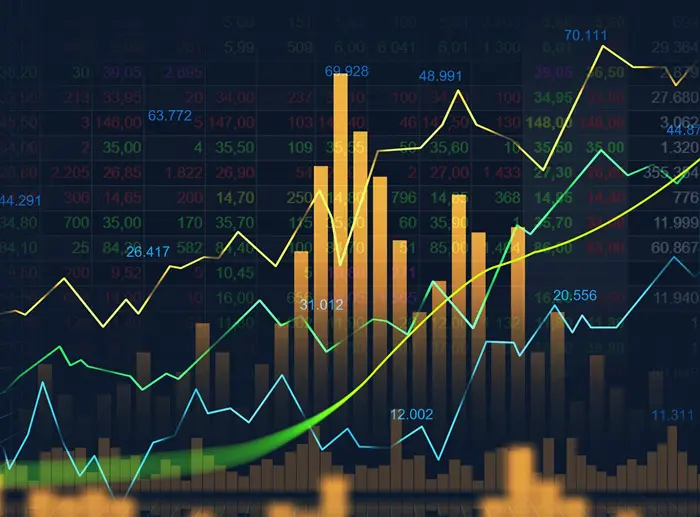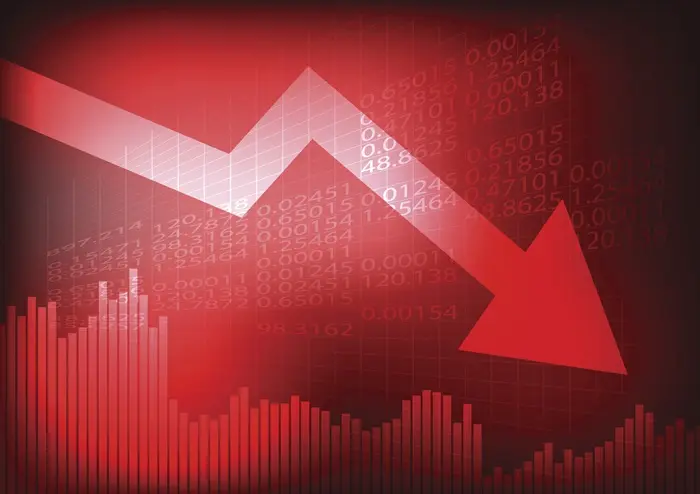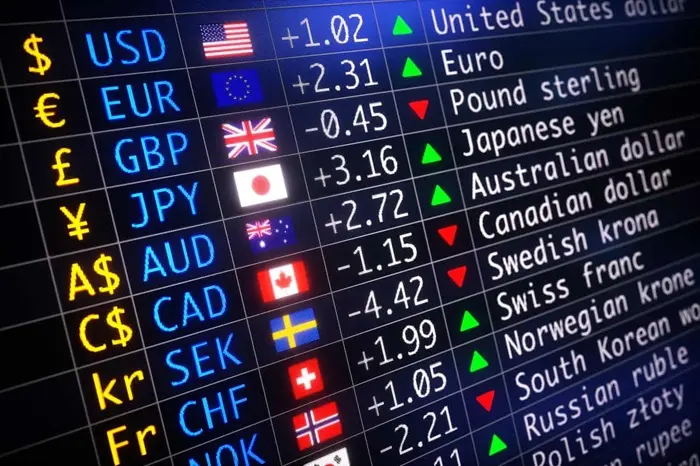Selecting a forex broker is one of the most crucial decisions a trader can make. A reliable and trustworthy broker ensures that you can execute your trades efficiently, with competitive spreads and access to key resources. Choosing the right forex broker can significantly impact your trading success and experience. In this article, we will discuss the key factors to consider when choosing a forex broker and help you make an informed decision.
What is a Forex Broker?
A forex broker is an intermediary that connects retail traders to the forex market. Forex brokers provide trading platforms and various services that allow traders to buy and sell currencies. They play a vital role by offering liquidity, providing access to market information, and executing trades on behalf of clients.
Forex brokers also act as a liaison between retail traders and the financial institutions (banks, liquidity providers) that facilitate forex transactions. In return for their services, brokers typically charge a commission or spread.
Choosing the right forex broker is important to ensure smooth trading, transparent pricing, and secure funds management. But with many brokers available, how do you find the one that suits your needs?
Factors to Consider When Choosing a Forex Broker
When choosing a forex broker, you must consider various factors to ensure you select one that aligns with your trading goals and preferences. Below, we will discuss the most important criteria to look for in a forex broker.
1. Regulation and Licensing
The first and most critical factor when choosing a forex broker is regulation. Forex trading is a global industry, and brokers are often regulated by financial authorities in different regions. It is essential to ensure that your broker is regulated by a reputable financial authority.
Some of the most well-known financial regulators include:
The Financial Conduct Authority (FCA) in the UK
The U.S. Commodity Futures Trading Commission (CFTC) and National Futures Association (NFA) in the U.S.
The Australian Securities and Investments Commission (ASIC) in Australia
The Cyprus Securities and Exchange Commission (CySEC) in the EU
The Financial Services Authority (FSA) in Japan
Regulation ensures that brokers adhere to strict guidelines for transparency, client protection, and operational integrity. Regulatory bodies require brokers to maintain specific capital reserves, segregate client funds, and undergo regular audits. This helps ensure the safety of your funds and the broker’s accountability.
Before opening an account with any forex broker, check their regulatory status. A regulated broker provides a level of assurance and protection that an unregulated one cannot.
2. Trading Platform
The trading platform is the tool that allows you to access the forex market and execute your trades. A broker’s trading platform can vary significantly in terms of features, usability, and performance. Therefore, it’s important to choose a broker that offers a robust, user-friendly, and reliable trading platform.
Some of the most popular trading platforms include:
MetaTrader 4 (MT4): One of the most widely used platforms globally, MT4 offers a variety of features, including advanced charting tools, automated trading, and a large community of users and developers.
MetaTrader 5 (MT5): An upgraded version of MT4 with additional features like more timeframes, improved charting tools, and access to different asset classes, including stocks and commodities.
cTrader: Known for its user-friendly interface, cTrader is popular among traders who value fast execution and tight spreads.
NinjaTrader: A platform suitable for advanced traders, NinjaTrader offers extensive tools for analysis and backtesting.
When evaluating a broker, check if they offer the platform that suits your trading style. Ensure the platform is stable, accessible (desktop, web, and mobile), and equipped with the tools you need for your trading strategy.
3. Spreads and Commissions
The cost of trading is a crucial factor to consider when choosing a forex broker. Most brokers make money by charging a spread (the difference between the buy and sell prices) or a commission for each trade. The spread can vary depending on the broker, market conditions, and the currency pair being traded.
Typically, brokers fall into two categories:
Market Makers: These brokers create their own bid and ask prices, and the spread is usually fixed. Market makers often offer lower spreads, but the prices they provide can be less transparent.
ECN Brokers (Electronic Communication Network): These brokers allow clients to access liquidity providers directly, offering variable spreads that can be very low, depending on market conditions. ECN brokers typically charge a commission in addition to the spread.
When choosing a broker, compare the spread and commission rates. If you are a high-frequency trader (such as a day trader or scalper), low spreads and low commissions will be important for your profitability. On the other hand, if you are a longer-term trader, the cost of trading may be less critical, but transparency in pricing is still essential.
4. Leverage Options
Leverage allows you to control a large position with a small amount of capital. It can magnify both your potential profits and losses, making it a powerful tool for forex traders. Forex brokers offer different levels of leverage, ranging from 1:10 to 1:1000 or even higher, depending on the broker and the regulatory jurisdiction.
Before choosing a broker, consider the leverage options available and whether they align with your risk tolerance and trading strategy. However, be cautious when using high leverage, as it increases the risk of significant losses.
Some brokers may offer high leverage in order to attract traders, but excessive leverage can expose you to significant risk. It is essential to understand the risks involved and use leverage responsibly.
5. Customer Support
A good forex broker should offer excellent customer support to help you resolve issues and answer your questions. Look for brokers that provide multiple support channels, including live chat, phone, and email. Additionally, ensure the support team is responsive and knowledgeable.
Some brokers also provide educational resources, including webinars, tutorials, and market analysis, which can be helpful for new traders. If you’re a beginner, it’s essential to choose a broker that provides clear guidance and assistance when you need it.
6. Account Types and Deposit Requirements
Different forex brokers offer different account types, each with unique features, margin requirements, and minimum deposit amounts. When choosing a forex broker, consider the following:
Account Types: Some brokers offer various account types tailored to different trading needs, such as standard accounts, mini accounts, or ECN accounts. Consider the account type that best fits your trading style and capital.
Minimum Deposit: The minimum deposit requirement varies by broker. Some brokers allow you to open an account with as little as $1, while others may require a higher initial deposit. Choose a broker that offers a minimum deposit that fits your budget and risk tolerance.
Islamic Accounts: If you are a Muslim trader, look for a broker that offers Islamic or swap-free accounts, which do not charge interest on overnight positions.
7. Deposit and Withdrawal Methods
A reliable forex broker should provide a variety of deposit and withdrawal methods to make it easy for you to fund your account and withdraw profits. Common methods include:
- Bank transfers
- Credit and debit cards
- E-wallets like PayPal, Skrill, and Neteller
- Cryptocurrencies for some brokers
When evaluating a broker, check the deposit and withdrawal options available in your region. Also, look for brokers that offer fast processing times and low withdrawal fees. Brokers that offer same-day or instant withdrawals are generally more favorable.
8. Security and Transparency
Security is paramount when trading online. A reputable forex broker should implement robust security measures to protect your funds and personal information. Look for brokers that use advanced encryption protocols (e.g., SSL encryption) to safeguard transactions and prevent unauthorized access.
Additionally, transparency is crucial. A good broker should clearly explain their fees, trading conditions, and the risks involved in forex trading. Be cautious of brokers that are vague about their services or hide critical information.
9. Reputation and Reviews
Finally, always check the reputation of the forex broker before opening an account. You can research broker reviews online, visit trading forums, and check for customer feedback to see how the broker is perceived in the trading community.
Pay attention to the broker’s history of customer service, regulatory compliance, and any issues related to withdrawals or account security. A broker with a good reputation will prioritize customer satisfaction and maintain transparency in its operations.
Conclusion
Choosing the right forex broker is essential for your success as a trader. By considering factors such as regulation, trading platforms, spreads, commissions, leverage, customer support, and security, you can find a broker that aligns with your trading goals and offers a secure, efficient trading environment.
Take the time to compare different brokers and their features before making a decision. Whether you are a beginner or an experienced trader, selecting a reputable and reliable forex broker is the foundation of your trading journey. By carefully evaluating your options, you can ensure that you choose the best forex broker for your needs and achieve long-term success in the forex market.
Related topics:

